- Fresh Mung Sprouts
Mung sprouts are the germinated form of mung beans, showcasing delicate, crunchy shoots. These sprouts are renowned for their mild, slightly sweet taste and tender texture. They’re a nutritional powerhouse, boasting an impressive array of vitamins, minerals, and antioxidants. Rich in protein, fiber, vitamin C, and folate, mung sprouts offer numerous health benefits. They support digestion due to their high fiber content, aid in weight management by promoting satiety, and provide antioxidants that combat oxidative stress and inflammation. With their versatility, mung sprouts are used in various cuisines, particularly in Asian cooking, adding a refreshing crunch and subtle flavor to salads, stir-fries, soups, and more. Their popularity stems not only from their culinary appeal but also from their contribution to a balanced and nutritious diet.
Description Of The Mung Sprouts
Mung sprouts are small, delicate shoots that emerge from mung beans during the germination process. They typically measure around 1 to 2 inches (2.5 to 5 centimeters) in length, although this can vary slightly depending on the specific conditions of sprouting and the age of the sprouts.
Physically, mung sprouts have thin, pale green stems with tiny leaves or buds at the tips. The shoots are slender and often slightly curved, with a tender texture and a crisp, crunchy bite.
Nutritional Benefits
Mung sprouts are highly nutritious and offer a range of health benefits due to their rich nutritional profile. Here are some of the key nutritional benefits of mung sprouts:
- Protein: Mung sprouts are a good source of plant-based protein, making them an excellent option for vegetarians and vegans. Protein is essential for muscle repair and growth, as well as overall cellular function.
- Fiber: Mung sprouts are high in dietary fiber, which supports digestive health by promoting regular bowel movements and preventing constipation. Fiber also helps to maintain a healthy weight by promoting feelings of fullness and reducing appetite.
- Vitamins: Mung sprouts are a good source of several vitamins, including vitamin C, vitamin K, and folate. Vitamin C is an antioxidant that supports immune function and collagen production. Vitamin K is important for blood clotting and bone health, while folate is essential for DNA synthesis and cell division.
- Minerals: Mung sprouts contain a variety of minerals, including manganese, magnesium, potassium, and iron. These minerals are important for various physiological processes, such as bone health, muscle function, and oxygen transport in the blood.
- Antioxidants: Mung sprouts contain antioxidants such as vitamin C and flavonoids, which help to protect cells from damage caused by free radicals. Antioxidants may also reduce the risk of chronic diseases such as heart disease, cancer, and diabetes.
- Low in Calories and Fat: Mung sprouts are low in calories and fat, making them a healthy addition to a balanced diet. They can help to satisfy hunger and provide essential nutrients without contributing excess calories or unhealthy fats.
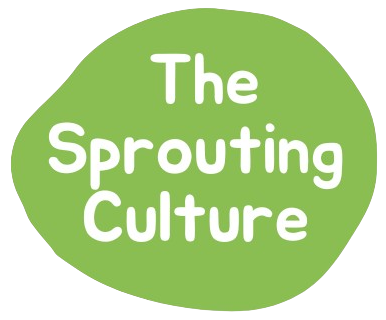
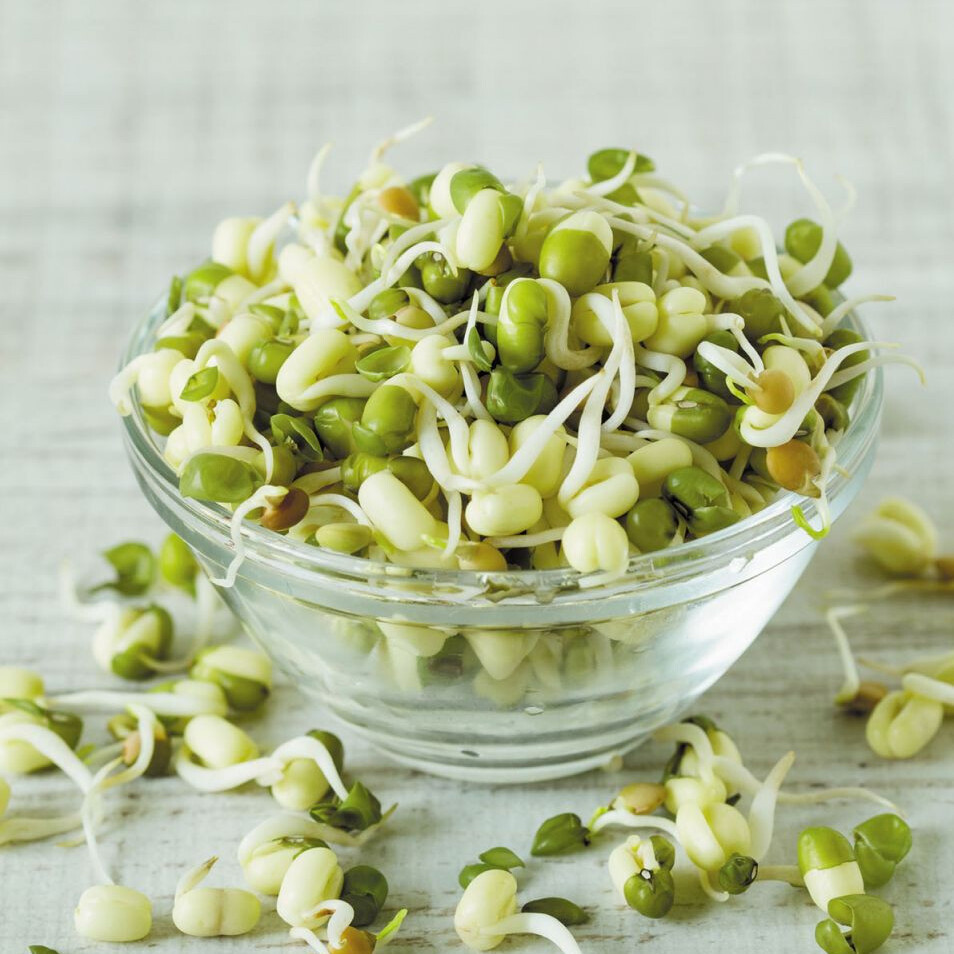
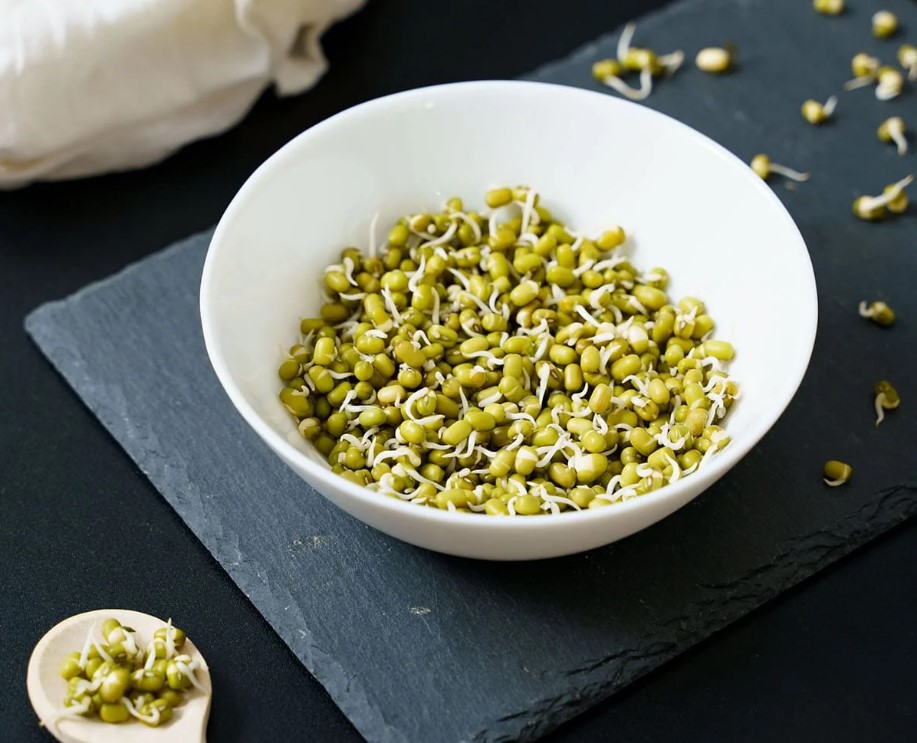
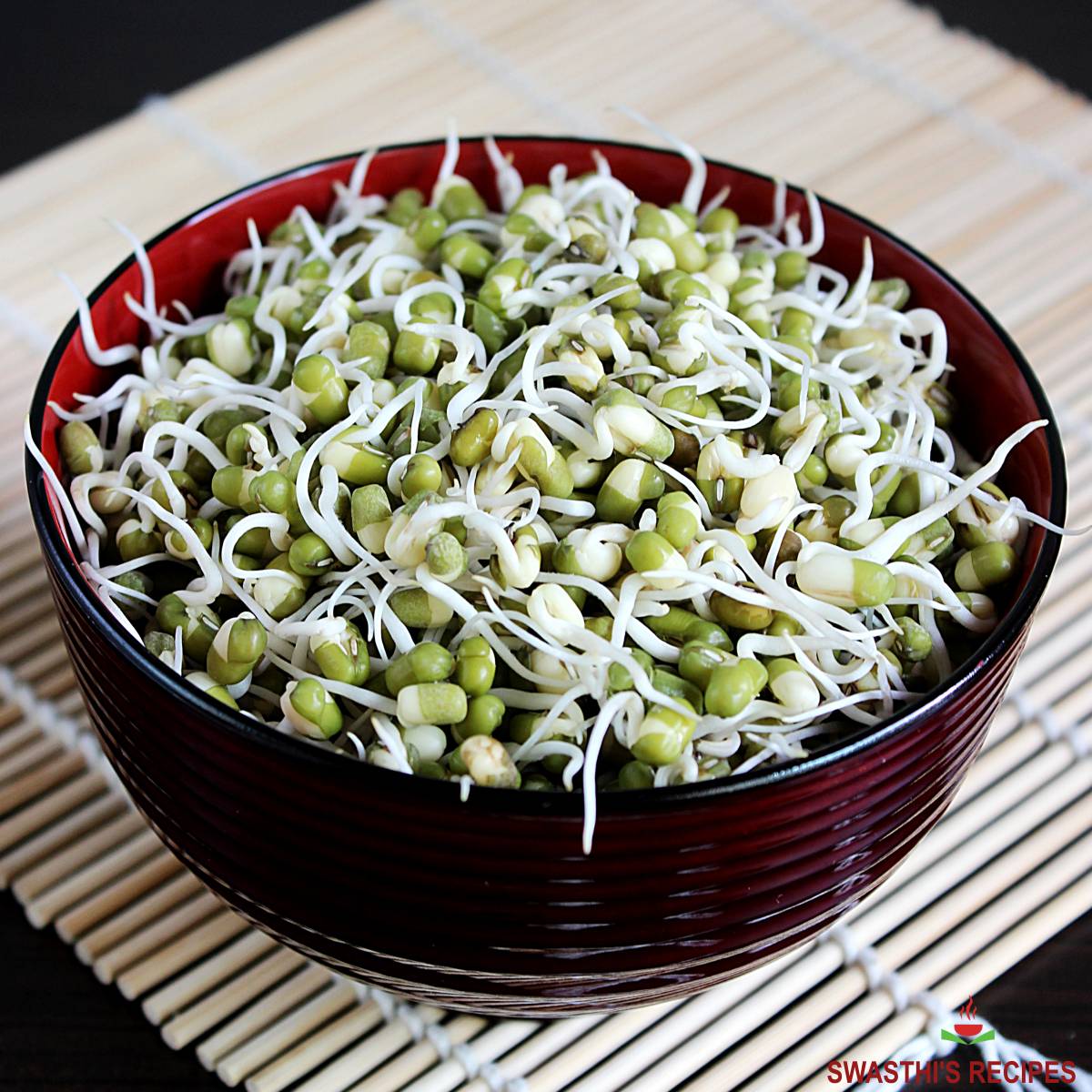
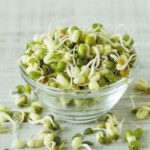
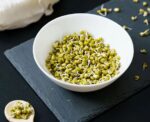
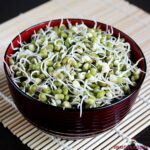
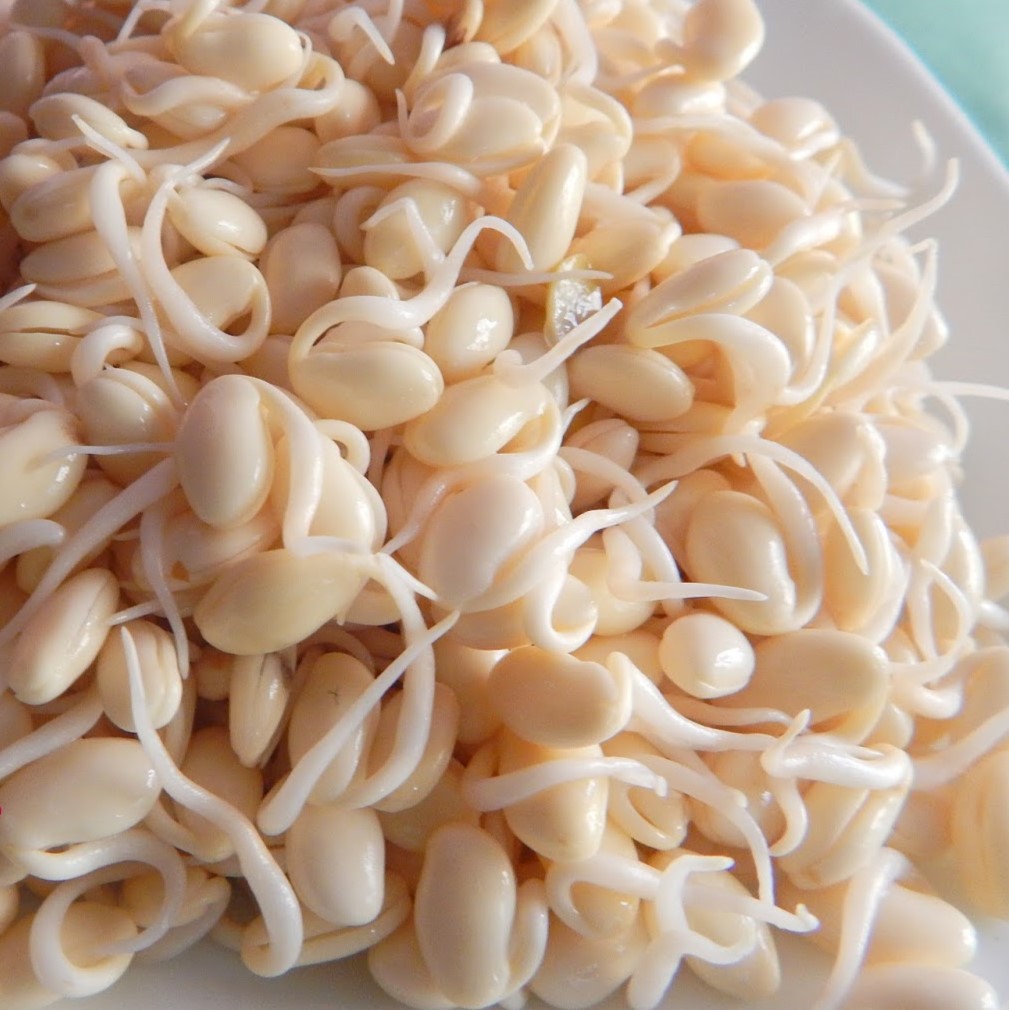

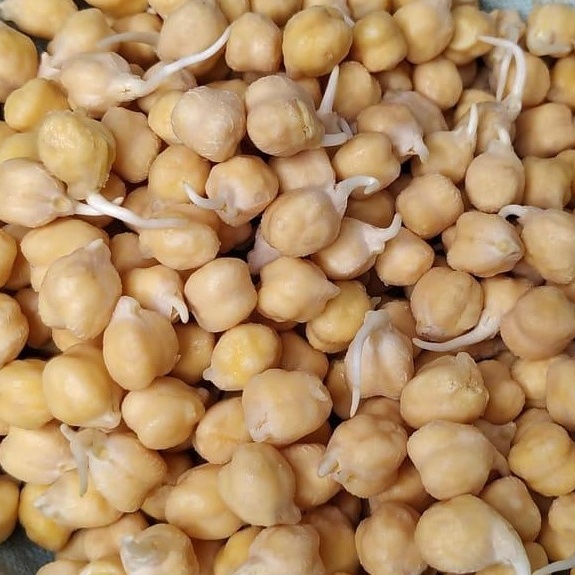
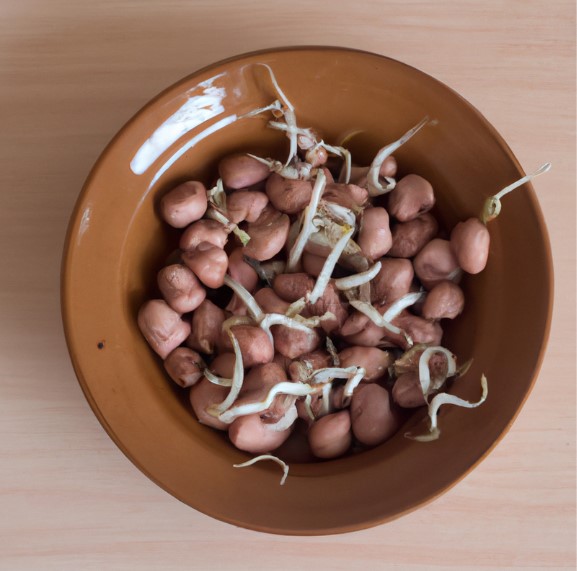
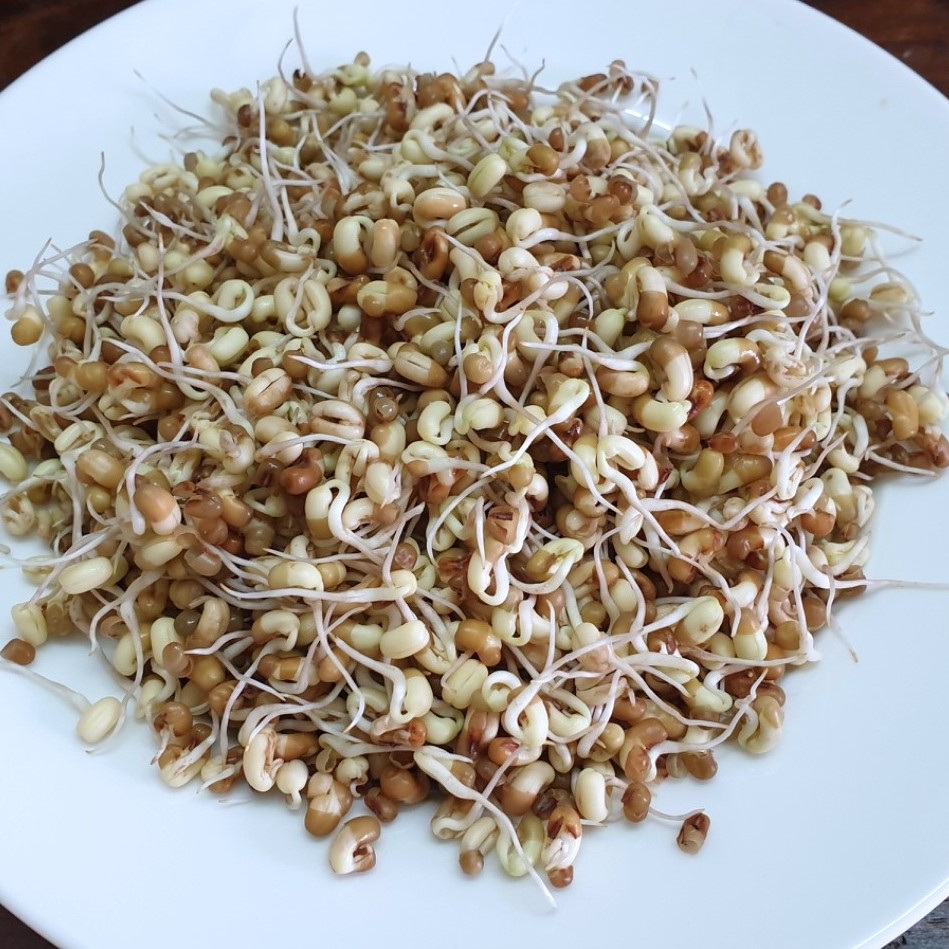
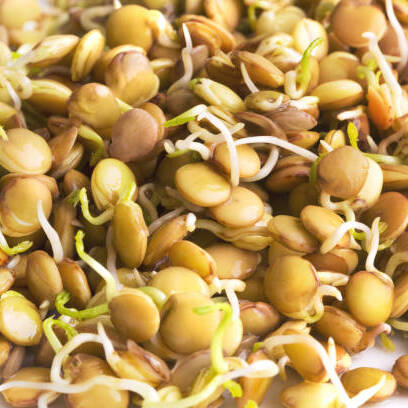

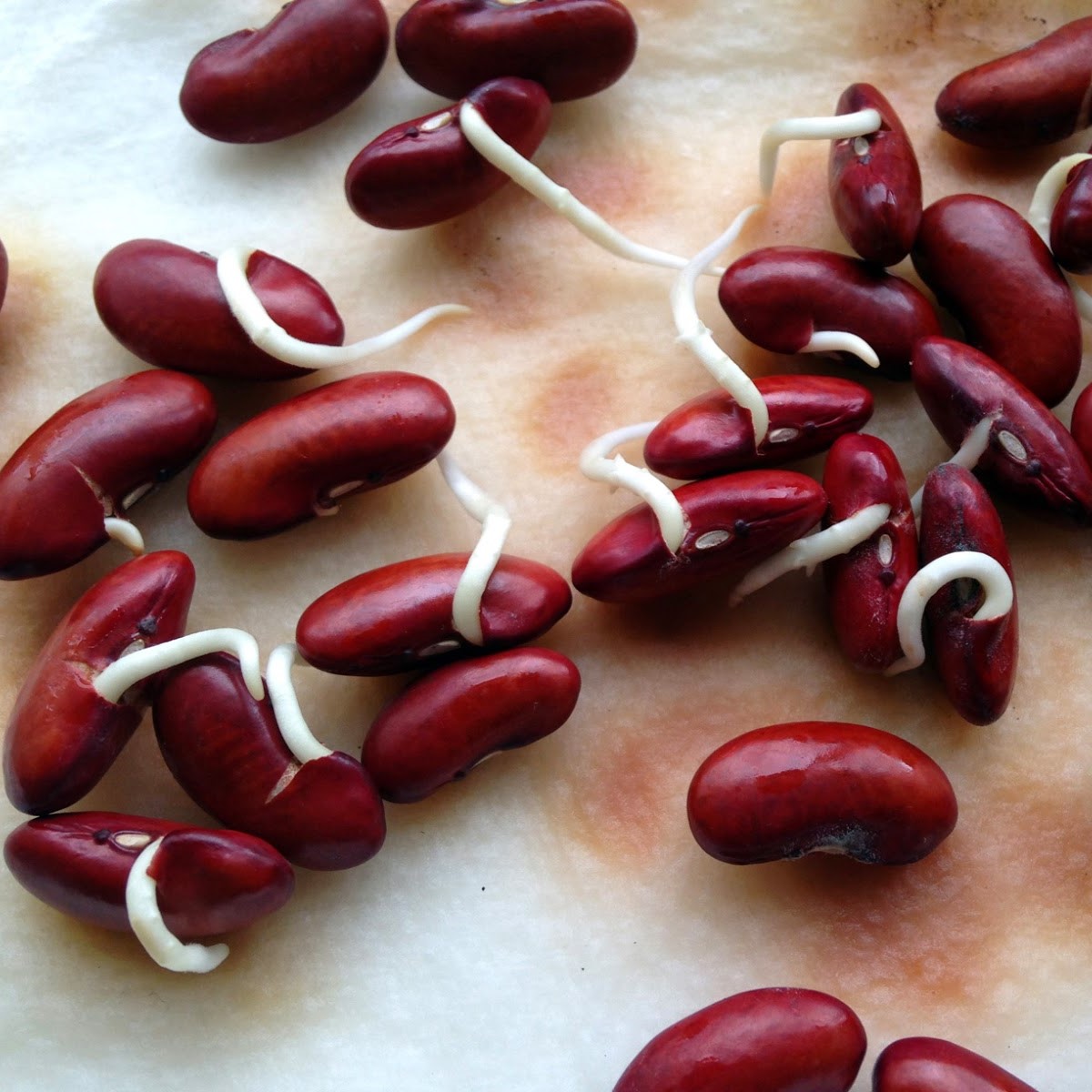

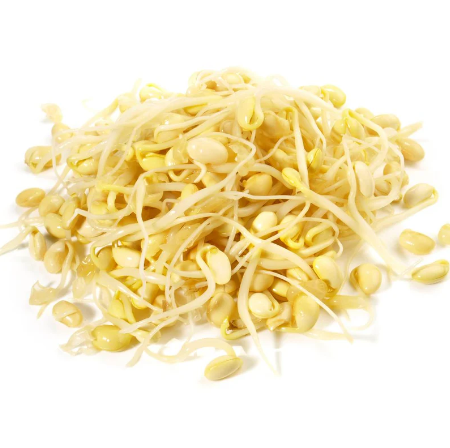
demin –
Just received my £10 box. Got to say I am very impressed! Looking forward to everything in it.
kaziu –
I am loving my weekly delivery . So fresh and longer lasting than any supermarket. You have to give this a try
hardc –
lovely fresh fruit really good quality definitely worth the money x
dmonui –
Received my 1st order yesterday and it\’s great, fantastic service
iouhx –
Lovely produce and great value. Who could ask for more?!